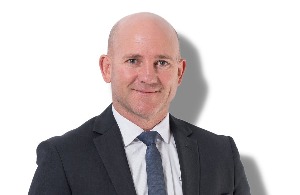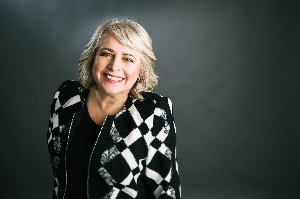
Brokers told TMM Online that they had begun to field more phone calls from concerned clients after many of the major banks hiked rates over the past week.
The big four, Kiwibank, and challenger banks such as The Co-operative and TSB have raised short and long term rates by as much as 30 basis points in recent days.
Analysis from CoreLogic suggests homeowners could be paying $10,000 more on their mortgage each year if interest rates rise by 2% in the next cycle.
Further rate increases could arrive as economists tip the Reserve Bank to lift the official cash rate amid runaway inflation.
Sarah Bloxham of Lets Talk Mortgages, said the talk of rate rises was "definitely causing a bit of panic".
She said clients were keen to apply for additional credit to fund renovations before rates moved up further.
However, she was confident that most clients would be able to deal with higher rates, as interest rates move from record lows after years of downward pressure.
"For most clients, they can cope with the higher rates coming as we test high," Bloxham said. "But the lenders probably need to raise those test rates moving forward to be ready for the higher rates coming."
She said people buying new builds could encounter problems as rates rise, however.
"I do a lot of new builds so it will be interesting when those settle what the rates look like then. Most have 12 month approvals, whereas the three month approval builds, with one lender in particular, could be hard. If the test rate changes, what happens if the client can't do another approval, and they are in the middle of a build?"
NZFSG's Bruce Patten also acknowledged "some panic" among clients over rate rises, but said the issue would only hit "those that had taken significant debt on over the past 12 months".
He played down economists' predictions that rates will rise over the course of this year, with a myriad of market variables to play out.
"I think they [the Reserve Bank] will take a steady as you go approach. In previous attempts to drive the market, they have had to reverse their increases because they have always gone too early.
He pointed to ongoing issues in the economy that could slow the pace of rate increases.
"In the UK they are set to go to 100,000 daily cases, and in the US, they are not up to a 50% vaccination rate. I don't think this [Covid crisis] is over by any stretch. The Reserve Bank has some difficult calls to make."
Joel Oliver of SuperCity Mortgages also suggested rate rises may not be a certainty, due to the unpredictability of the pandemic.
He said clients could be better off fixing one year terms and rolling over, or splitting their mortgage across three different terms, 1, 3, and 5 years, for example, to hedge their bets.
Oliver said borrowers should be well placed to absorb higher rates due to the strong stress testing conducted by lenders in recent years. However, he warned that consumer credit could be a risk for some.
"Banks have done a superb role at stress testing between 5.8% and 7% interest for at least 10 years. The reason people get in trouble with rate rises is not the banks fault, it is in fact consumer credit. This ‘not so’ regulated market will give anyone a new car, full house of furniture and high credit card limits to anyone who is a home owner. The repayments on these can be as much as the mortgage payment if people do not manage these," Oliver added.


